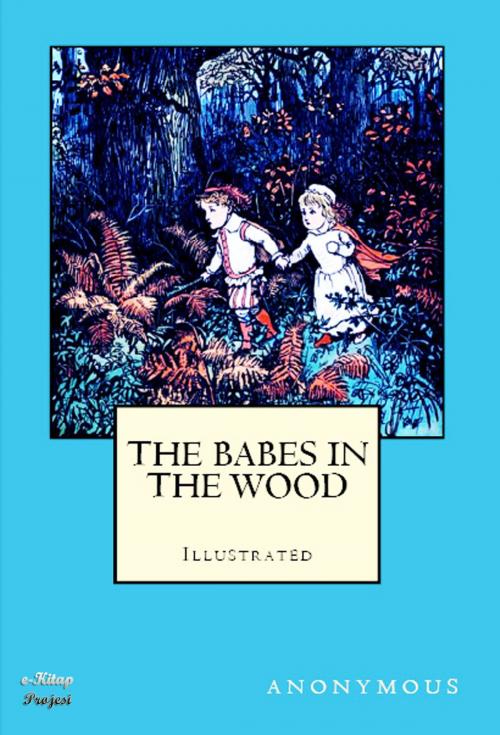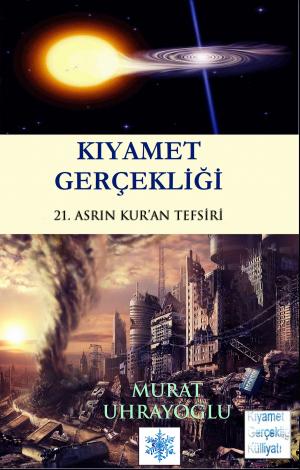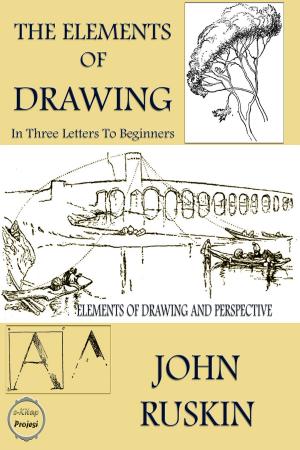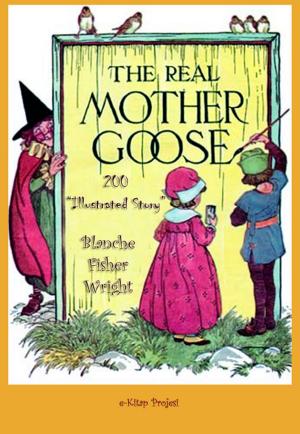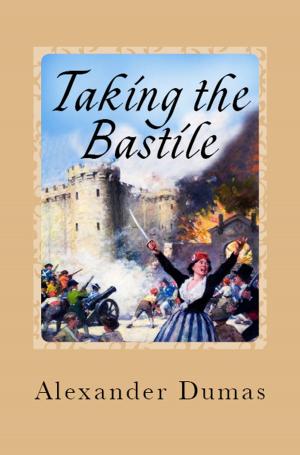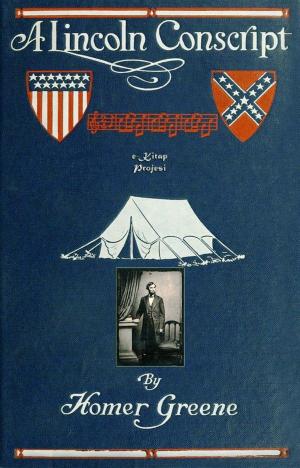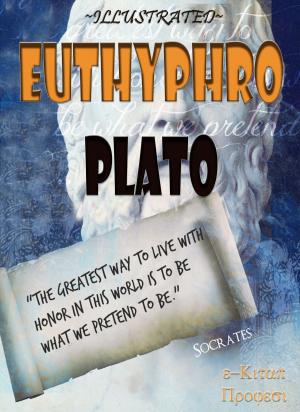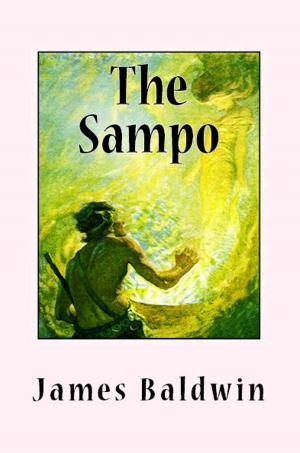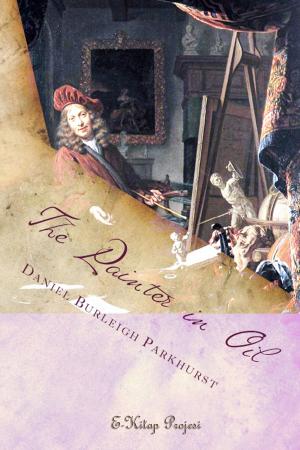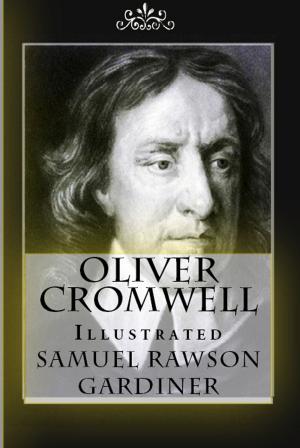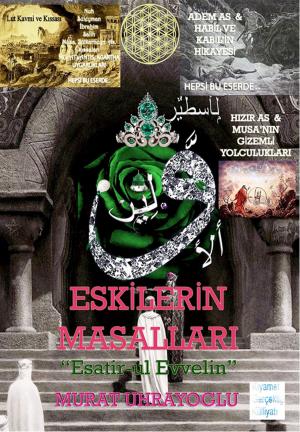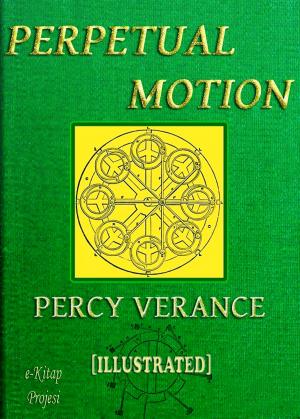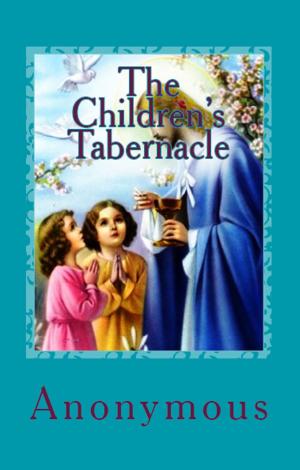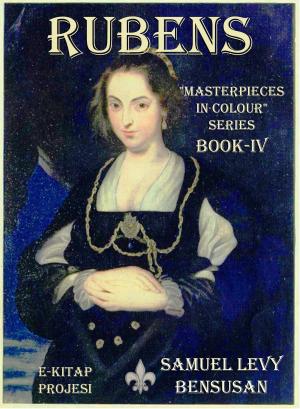| Author: | Anonymus | ISBN: | 9786059496254 |
| Publisher: | eKitap Projesi | Publication: | February 25, 2017 |
| Imprint: | eKitap Projesi | Language: | English |
| Author: | Anonymus |
| ISBN: | 9786059496254 |
| Publisher: | eKitap Projesi |
| Publication: | February 25, 2017 |
| Imprint: | eKitap Projesi |
| Language: | English |
Now ponder well, you parents deare,
These wordes which I shall write;
A doleful story you shall heare,
In time brought forth to light.
A gentleman of good account
In Norfolke dwelt of late.
Who did in honour far surmount
Most men of his estate.
Sore sicke he was, and like to dye,
No helpe his life could save;
His wife by him as sicke did lye,
And both possest one grave.
No love between these two was lost,
Each was to other kinde;
In love they liv'd, in love they dyed,
And left two babes behinde:
The one a fine and pretty boy,
Not passing three yeares olde;
The other a girl more young than he
And fram'd in beautye's molde.
Randolph Caldecott (1846 – 1886) was an English artist and illustrator, born in Chester. The Caldecott Medal was named in his honour. He exercised his art chiefly in book illustrations. His abilities as an artist were promptly and generously recognised by the Royal Academy. Caldecott gre-atly influenced illustration of children's books during the nineteenth century. Two books illustrated by him, priced at a shilling each, were published every Christmas for eight years.
Caldecott also illustrated novels and accounts of foreign travel, made humorous drawings depicting hunting and fashionable life, drew cartoons and he made sketches of the Houses of Parliament inside and out, and exhibited sculptures and paintings in oil and watercolour in the Royal Academy and galleries.
After six years at Whitchurch, Caldecott moved to the head office in Manchester of the Manchester & Salford Bank. He lodged variously in Aberdeen Street, Rusholme Grove and at Bowdon. He took the opportunity to study at night school at the Manchester School of Art and practised continually, with success in local papers and some London publications. It was a habit of his at this time, which he maintained all his life, to decorate his letters, papers and documents of all descriptions with marginal sketches to illustrate the content or provide amusement. A number of his letters have been reprinted with their illustrations in Yours Pictorially, a book edited by Michael Hutchings. In 1870, a painter friend in London, Thomas Armstrong, put Caldecott in touch with Henry Blackburn, the editor of London Society, who published a number of his drawings in several issues of the monthly magazine.
Encouraged by this evidence of his ability to support him-self by his art, Caldecott decided to quit his job and move to London; this he did in 1872 at the age of 26. Within two years he had become a successful magazine illustrator working on commission. His work included individual sketches, illustrations of other articles and a series of illustrations of a holiday which he and Henry Blackburn took in the Harz Mountains in Germany. The latter became the first of a number of such series.
Now ponder well, you parents deare,
These wordes which I shall write;
A doleful story you shall heare,
In time brought forth to light.
A gentleman of good account
In Norfolke dwelt of late.
Who did in honour far surmount
Most men of his estate.
Sore sicke he was, and like to dye,
No helpe his life could save;
His wife by him as sicke did lye,
And both possest one grave.
No love between these two was lost,
Each was to other kinde;
In love they liv'd, in love they dyed,
And left two babes behinde:
The one a fine and pretty boy,
Not passing three yeares olde;
The other a girl more young than he
And fram'd in beautye's molde.
Randolph Caldecott (1846 – 1886) was an English artist and illustrator, born in Chester. The Caldecott Medal was named in his honour. He exercised his art chiefly in book illustrations. His abilities as an artist were promptly and generously recognised by the Royal Academy. Caldecott gre-atly influenced illustration of children's books during the nineteenth century. Two books illustrated by him, priced at a shilling each, were published every Christmas for eight years.
Caldecott also illustrated novels and accounts of foreign travel, made humorous drawings depicting hunting and fashionable life, drew cartoons and he made sketches of the Houses of Parliament inside and out, and exhibited sculptures and paintings in oil and watercolour in the Royal Academy and galleries.
After six years at Whitchurch, Caldecott moved to the head office in Manchester of the Manchester & Salford Bank. He lodged variously in Aberdeen Street, Rusholme Grove and at Bowdon. He took the opportunity to study at night school at the Manchester School of Art and practised continually, with success in local papers and some London publications. It was a habit of his at this time, which he maintained all his life, to decorate his letters, papers and documents of all descriptions with marginal sketches to illustrate the content or provide amusement. A number of his letters have been reprinted with their illustrations in Yours Pictorially, a book edited by Michael Hutchings. In 1870, a painter friend in London, Thomas Armstrong, put Caldecott in touch with Henry Blackburn, the editor of London Society, who published a number of his drawings in several issues of the monthly magazine.
Encouraged by this evidence of his ability to support him-self by his art, Caldecott decided to quit his job and move to London; this he did in 1872 at the age of 26. Within two years he had become a successful magazine illustrator working on commission. His work included individual sketches, illustrations of other articles and a series of illustrations of a holiday which he and Henry Blackburn took in the Harz Mountains in Germany. The latter became the first of a number of such series.
